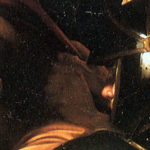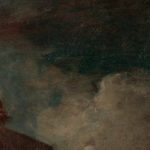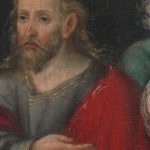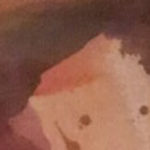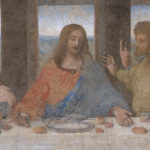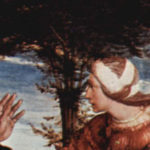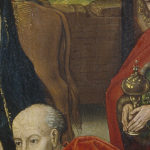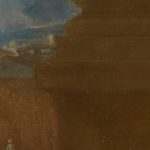
In our interpretation of life and thought/conduct in contexts related to God (spiritual) and mankind (natural) we return to concepts of government and respect. God will govern his kingdom even if in human logic nature rules mankind. At best, human government is under the direction of faulty persons, but competent to guide it. In a spirit of fairness the American Founding Fathers created a good plan for overcoming human frailty by forming a threefold system, and leaving the authority for initiation to the majority of the electorate. Plato accented doubt in an electorate, crediting the intellectuals as more competent, so to representative states. That belief held even by much of the peasantry likely lengthened the authority of royal heirs living… Read more


